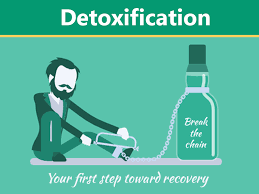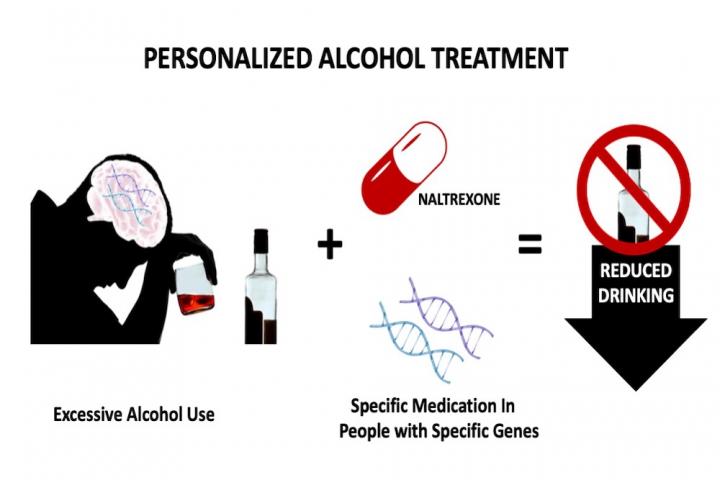
Welcome to Jeyam Trust
For many individuals, the first step toward recovery is acknowledging their personal struggle with substance dependence. The next step is finding a treatment program that can help restore their overall health, well-being and happiness. There are countless treatment options a person can choose from.
Learn More









